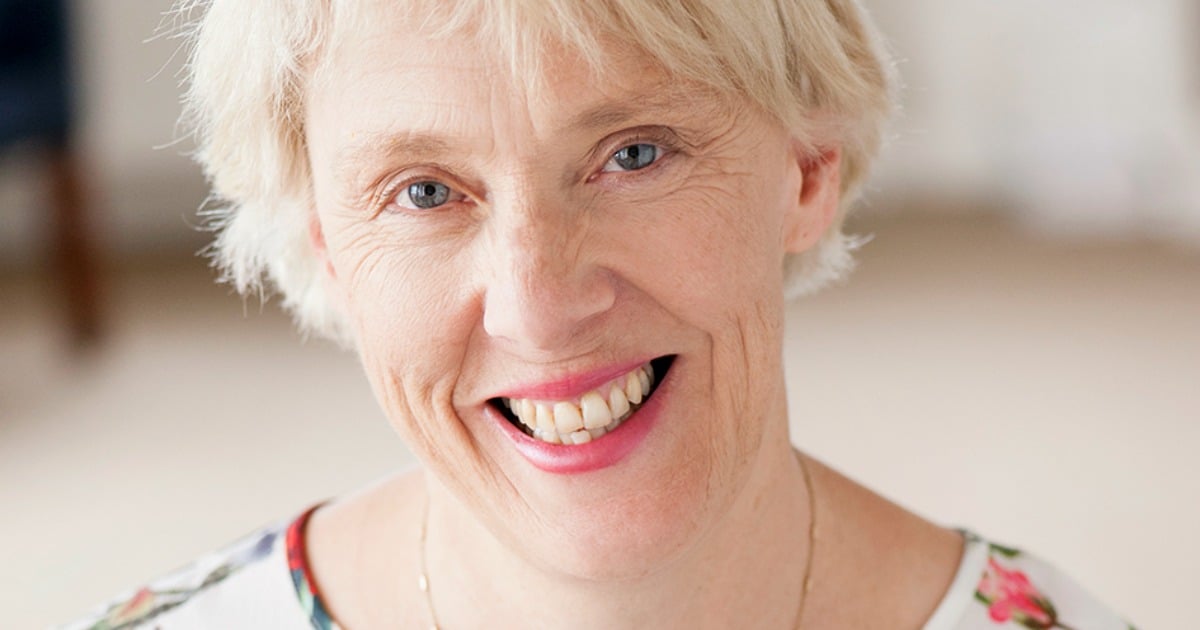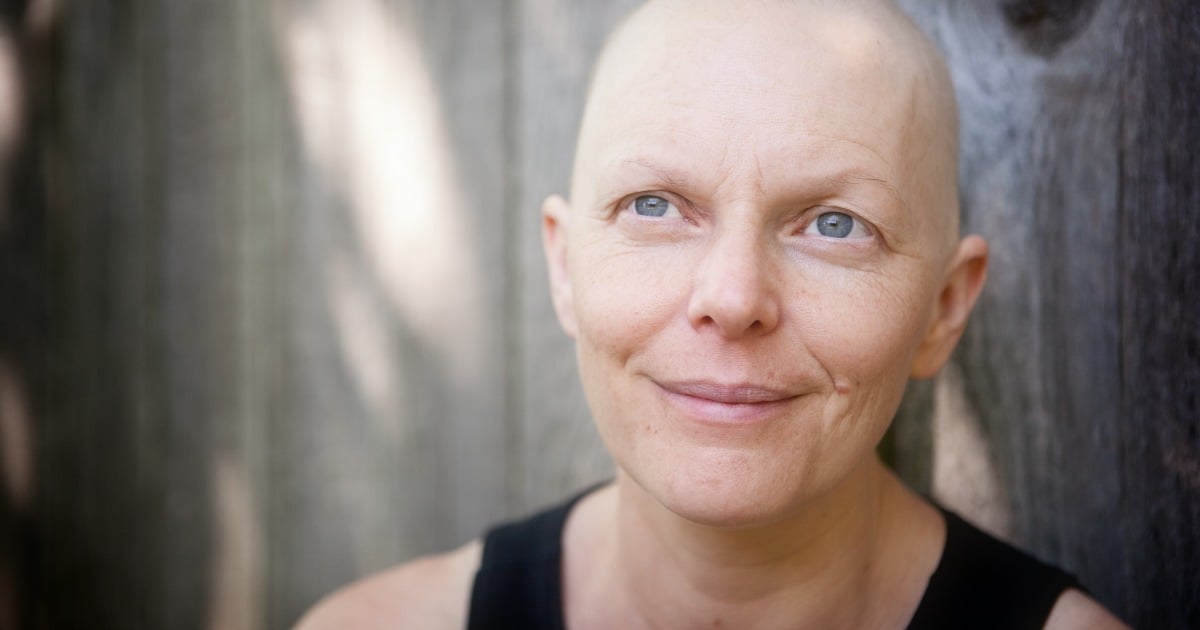The day you’re told you have cancer is a day you will never forget.
I was diagnosed with triple negative breast cancer in 2013, and I cried for days. Thanks to our wonderful health system, I received the best treatment for my physical symptoms that anyone could hope for, but I was shocked at how few resources were available to help me cope with the emotional impact of my diagnosis.

I had to dig deep to find the kind of skills I would need to cope with the chemo, radiotherapy, mastectomy and reconstructive surgery. Luckily for me, I’ve always been a bit of a positive psychology addict so my toolbox was pretty well stocked.
Cancer forces vulnerability upon you. The key is to find acceptance of your situation and be strengthened by this. Easier said than done, I know, and I write in hindsight.





























































































